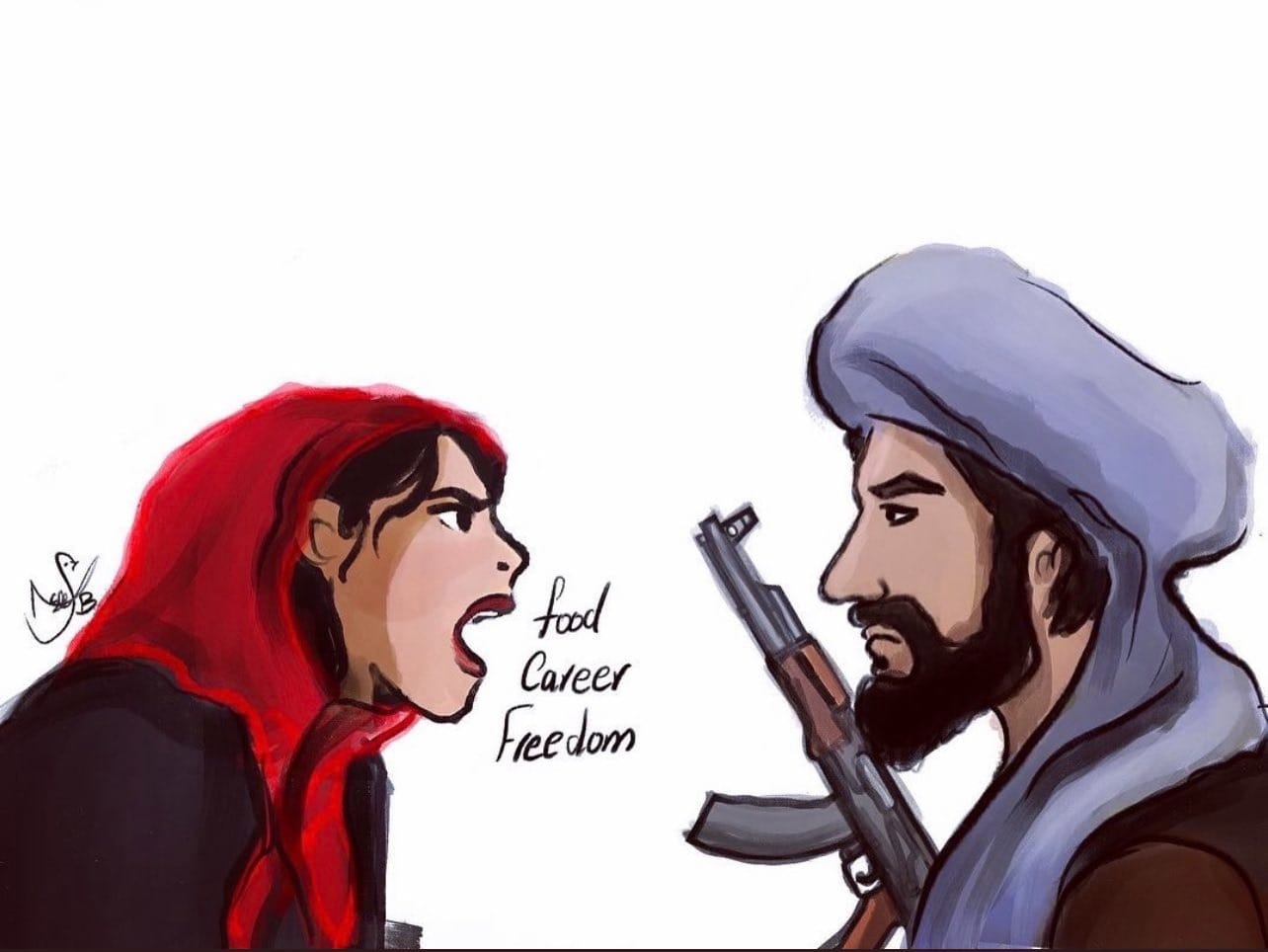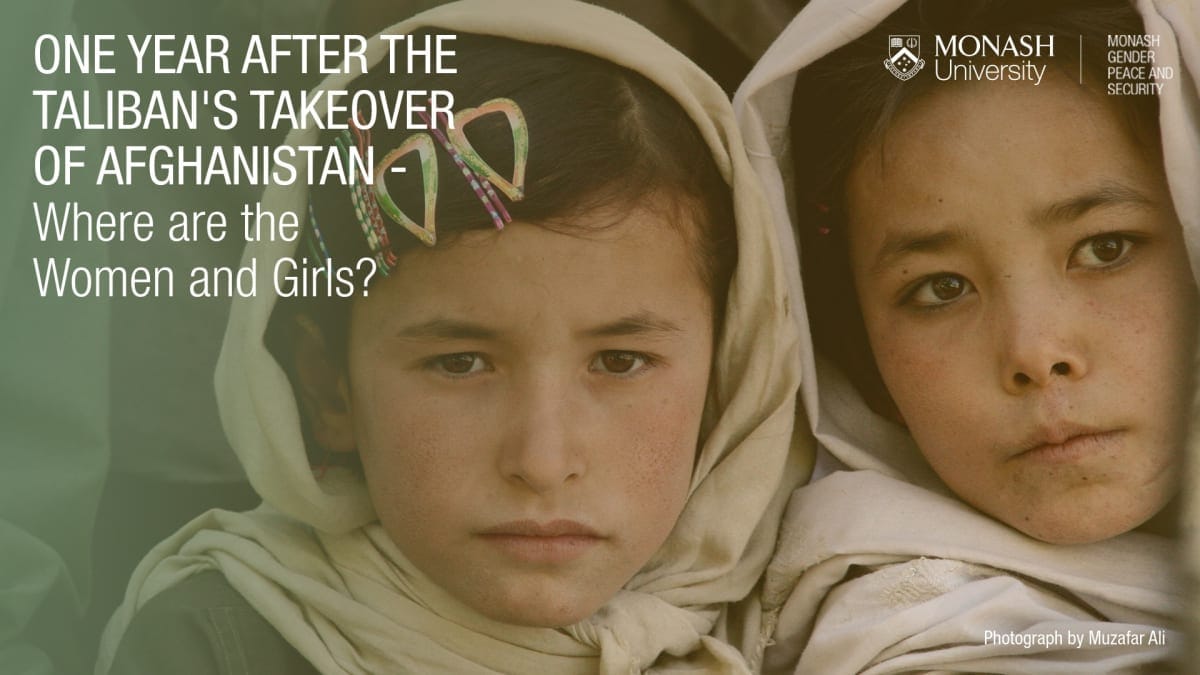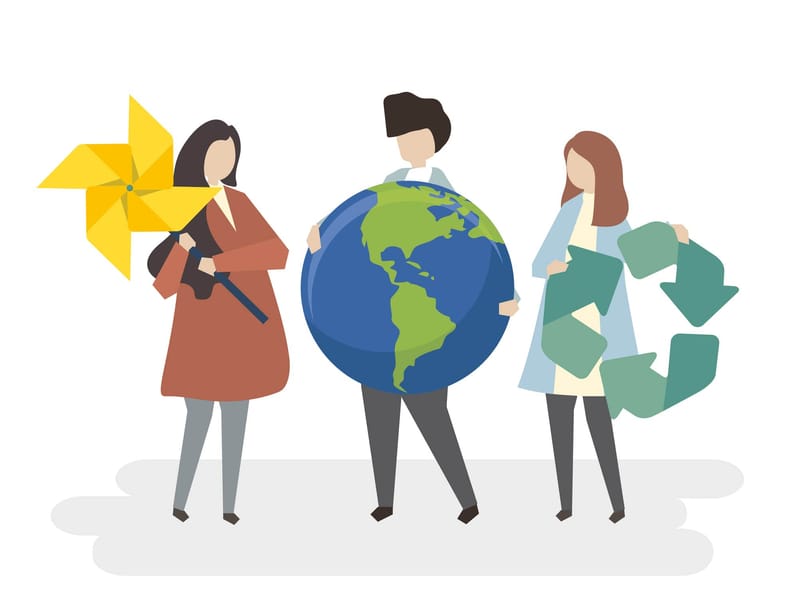
When the Taliban stormed Afghanistan’s capital Kabul on 15 August last year and swept to power, they promised to protect women’s and girls’ rights to work and education, but within the framework of Islam.
Just over one year on, though, and the future looks bleak. The Taliban were quick to reimpose restrictions on women’s movements outside the home, banned girls from attending secondary school, and women’s employment was reduced to limited healthcare sectors.
Monash University’s Gender, Peace and Security Centre director Professor Jacqui True and postdoctoral fellow Dr Farkhondeh Akbari detailed the reversal of rights for Afghan women, and the betrayal of the peace and security agenda in Afghanistan in their recent paper.

According to an Amnesty International report released in late July, “the Taliban [has] decimated the rights of women and children in Afghanistan”.
“They have violated women’s and girls’ rights to education, work and free movement; demolished the system of support for women and girls fleeing domestic violence; arbitrarily detained women and girls for infractions of the Taliban’s discriminatory rules; and contributed to a surge in the rates of child, early and forced marriage.”
All this comes as no surprise, given the history of such an oppressive regime, and was reflected in a recent webinar hosted by Monash University’s Gender, Peace and Security Centre, which I attended.
The webinar, which brought together experts and local Afghan voices to give an overview of the year of Taliban rule and its impact on women and girls, was particularly critical of the response of the international community.
A recording of our most recent webinar - "One Year After the Taliban's Takeover of Afghanistan" is now available on the GPS website.
Click here to watch anytime: https://t.co/f6W0iWboR7 https://t.co/6A5ZDdh1Il— Monash GPS (@GpsMonash) August 17, 2022
The vague promises made by the Taliban, especially in regard to women and girls, have not been maintained, and the international community is not holding the group accountable, was a key takeaway from the event.
There’s a need for more coordinated international efforts to pressure the Taliban through any forms of interventions to transform its regime to one that reflects the realities of Afghanistan in the 21st century.
The argument of sanctions and aid was one that could not be clearly agreed upon from the webinar attendees.
The international community continues to offer aid and support to the Taliban despite most countries not recognising the regime as the legitimate leaders of Afghanistan.
At the same time, some sanctions are being imposed on some members of the Taliban, but these aren’t effective enough to cause it to adhere to any conditionalities.
This is clearly a vexed issue. On the one hand, the endurance of the totalitarian Taliban regime is hurting the people of Afghanistan, especially women and girls, and sanctions are indeed needed, but we also need to find innovative ways to engage with local actors on the ground to offer assistance. This will ensure that support reaches the population most in need.
Rosita, a speaker based in Afghanistan who joined the webinar, spoke on this issue. She called for her country not to be excluded from scholarships, educational funds, and other forms of aid and grants to support the people of Afghanistan directly.
She warned that excluding her country from educational programs and benefits due to the Taliban rule will only further punish the people most affected by the return of the Taliban.
A key question asked by a member of the audience was:
“Where are the men in all of this?”
In a system of gender apartheid, where the consequences for the men who have stood up for their women are dire, how do we get the men involved knowing the risk to self and family?
The case of Afghanistan further offers lessons for other regions and countries that have terrorist organisations aiming to seize control of part or all of their country/region.
Read more: One family’s story of taking flight from the Taliban
I’m a PhD student at the Monash Gender, Peace and Security Centre, and head of the Women Peace and Security Institute at the Kofi Annan International Peacekeeping Centre in Accra, Ghana.
My research focus is Nigeria and the growing concern with terrorism and SGBV engineered by Boko Haram. Prior to Boko Haram, the biggest group that raised security concerns were the Niger Delta militants, but most of them were granted amnesty to disband. Thus, one cannot help but wonder if in the future amnesty will be negotiated with Boko Haram militants in a quest to break their camps?
There’s a need to learn lessons from the Taliban takeover, particularly how to prevent the rule of an extremist non-state organisation, the importance of striking peace processes at the right time ,and aiding the citizens without legitimising the group governing any parts of the territory or the country.





